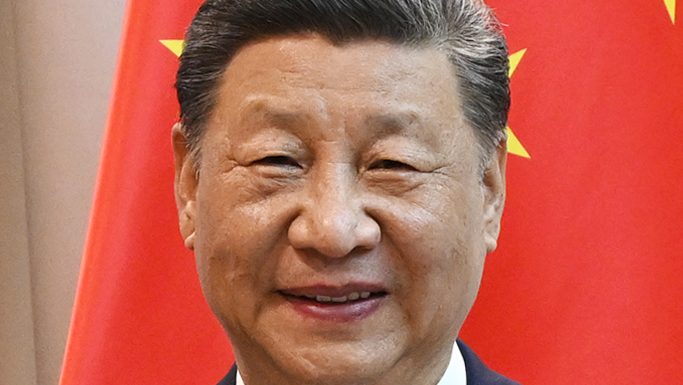CHINA: China has ramped up its anti-corruption efforts under President Xi Jinping, building and expanding more than 200 specialized detention facilities nationwide to interrogate suspects caught in the nation’s extensive crackdown.
A recent CNN investigation reveals that these developments are part of a broader effort by Xi to strengthen his control over both the Communist Party and the state, targeting not just party members but a wide swath of public officials across sectors.
Tool in anti-corruption arsenal
Since taking power in 2012, Xi Jinping has waged an aggressive campaign against corruption and disloyalty, dismantling political rivals and punishing corrupt officials with unprecedented speed.
Initially targeting party members, the scope of Xi’s crackdown has expanded significantly during his third term in office.
The new detention regime, known as liuzhi or “retention in custody,” allows the government to detain individuals—including private entrepreneurs, school administrators, and hospital officials—suspected of corruption or abuse of public power.
Detainees are often held for up to six months without legal counsel or contact with family members.
While liuzhi is a continuation of the secretive practices once used to target Communist Party cadres, it is now a nationwide system overseen by the National Supervisory Commission (NSC).
This agency, established in 2018, consolidates anti-graft efforts across the public sector and works alongside the Central Commission for Discipline Inspection (CCDI), ensuring no part of the system is untouched by scrutiny.
Tightened control
To support this expanded detention network, at least 218 new liuzhi centres have been constructed or renovated across China, with more projects underway.
These centres are equipped with high-security features, including padded walls and 24/7 surveillance, designed to prevent detainees from harming themselves—a concern that plagued earlier methods of detention.
The construction boom reflects the growing demand for secure holding facilities to accommodate the large number of detentions and efforts to standardize and regulate the detention process.
The rapid expansion of these centres, particularly in areas with large ethnic minority populations, highlights the far-reaching impact of Xi’s anti-corruption campaign.
Critics argue that the widespread use of liuzhi detention is a sign of an increasingly authoritarian state, with the Chinese Communist Party tightening its grip on every facet of society, from state-owned enterprises to private businesses.
Meanwhile, the government defends the initiative as a necessary measure to curb systemic abuse of power and corruption within China’s vast public sector.

